
Needles and syringes are medical devices used for injecting medications or fluids into the body or for withdrawing fluids from the body. They are commonly used in healthcare settings, such as hospitals, clinics, and doctor's offices. Needles come in various sizes, typically measured by gauge, with smaller gauge numbers indicating larger needle diameters. Syringes are available in different sizes as well, typically measured in milliliters (ml) or cubic centimeters (cc). The appropriate size of needle and syringe depends on the specific medical procedure and the type of medication or fluid being administered. It is important to use the correct size to ensure accurate dosing and minimize discomfort for the patient.
There are several different types of syringes, each with its own specific use. Some common types include:
Standard syringes:
These are the most common type of syringes and are used for general medical purposes, such as administering medications or drawing blood.
Insulin syringes:
These syringes are specifically designed for administering insulin to diabetic patients. They have a smaller volume capacity and a finer gauge needle to accommodate the smaller doses of insulin.
Tuberculin syringes:
Tuberculin syringes are used for administering small doses of medication, such as tuberculin skin tests or allergy tests. They have a smaller volume capacity and a finer gauge needle.
Luer lock syringes: Luer lock syringes have a threaded tip that securely attaches to the needle, preventing it from accidentally detaching during use. They are commonly used for injections that require a higher level of precision or when using thicker medications.
Safety syringes:
Safety syringes are designed with built-in safety features to prevent accidental needlestick injuries. They often have mechanisms that retract or shield the needle after use.
These are just a few examples, and there may be other specialized syringes for specific medical procedures or purposes.
There are several different types of needles, each with its own specific use. Some common types include hypodermic needles, which are used for injections; suture needles, which are used for stitching wounds; and acupuncture needles, which are used in traditional Chinese medicine. There are also specialized needles for specific medical procedures, such as spinal needles for spinal taps and biopsy needles for tissue sampling.




 Adult Diapers
Adult Diapers
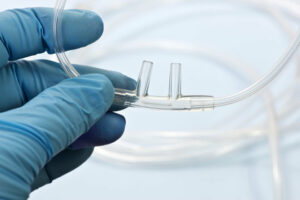 Air Management
Air Management
 Alcohol Tests
Alcohol Tests
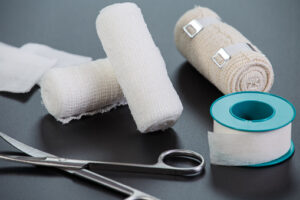 Bandages
Bandages
 Cholesterol Tests
Cholesterol Tests
 Consumables
Consumables
 Cotton Products
Cotton Products
 Drug Tests
Drug Tests
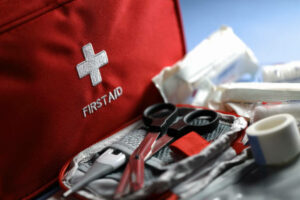 First Aid Kits
First Aid Kits
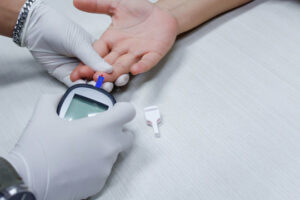 Glucose Tests
Glucose Tests
 Hemoglobin Tests
Hemoglobin Tests
 HIV Tests
HIV Tests
 Intravenous
Intravenous
 Lancets
Lancets
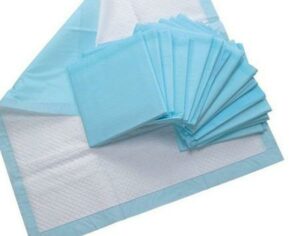 Linen Savers
Linen Savers
 Measuring & Monitoring Machines
Measuring & Monitoring Machines
 Mobility
Mobility
 Orthopeadics
Orthopeadics
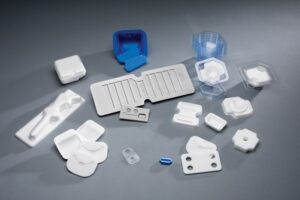 Packaging & Storage
Packaging & Storage
 Pregnancy
Pregnancy
 Safety Wear
Safety Wear
 Supplements
Supplements
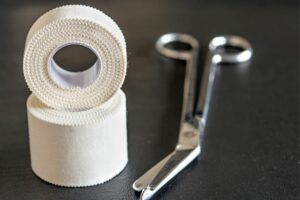 Tapes
Tapes
 Dental Care
Dental Care
 Ultrasound
Ultrasound
 Urinalysis
Urinalysis
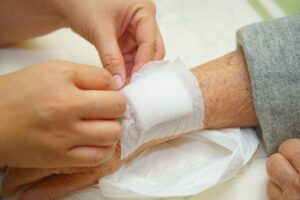 Wound Dressing
Wound Dressing